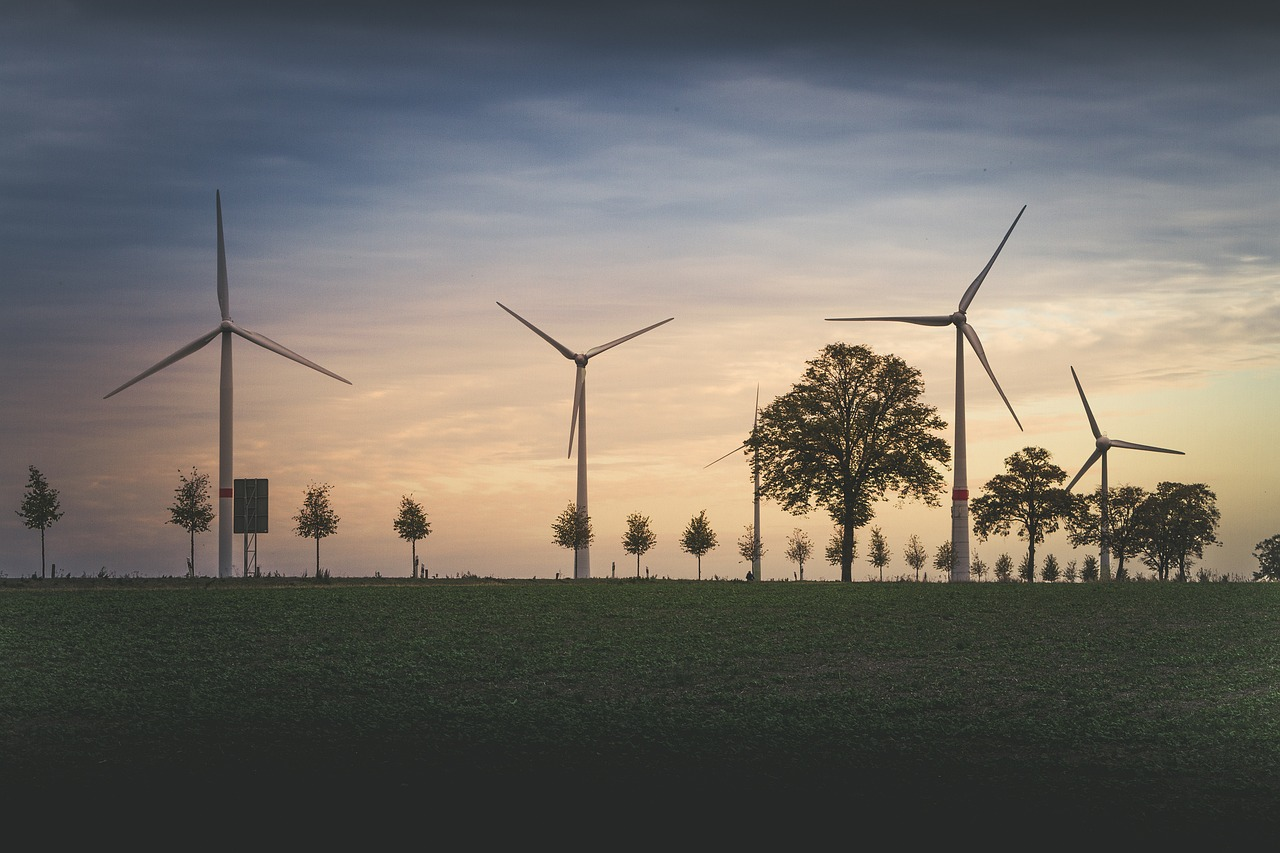The Ultimate Guide to Solar Panel Cleaning for Maximum Efficiency
Meta Title: Solar Panel Cleaning: The Complete 2025 Guide to Boost Energy Output
Meta Description: Learn how to clean solar panels safely, effectively, and affordably. Maximize efficiency, save money, and extend panel lifespan with expert solar panel cleaning tips.

Table of Contents
- Introduction
- Why Clean Solar Panels?
- How Dirt Affects Efficiency
- DIY Solar Panel Cleaning: Step-by-Step
- Best Tools & Cleaning Solutions
- Professional Solar Panel Cleaning Services
- How Often Should You Clean Your Panels?
- Mistakes to Avoid
- Costs: DIY vs. Professional Cleaning
- Solar Panel Cleaning and Warranty
- Conclusion
- FAQ
Introduction
Solar panels are a long-term investment in clean, renewable energy. However, to keep them performing at their peak, regular cleaning is essential. Dust, pollen, bird droppings, and pollution can all reduce energy output by 10–30% if left unchecked.
In this guide, we’ll cover everything you need to know about solar panel cleaning—DIY techniques, professional options, costs, safety tips, and more.
Why Clean Solar Panels?
- Maximize Efficiency: Dirty panels absorb less sunlight.
- Extend Lifespan: Dust and debris can cause micro-scratches and long-term damage.
- Save Money: Cleaner panels generate more electricity, reducing your utility bills.
- Warranty Protection: Some manufacturers require regular cleaning to keep warranties valid.
💡 Fact: According to the National Renewable Energy Laboratory (NREL), solar panel efficiency can drop by up to 25% in areas with heavy dust or bird droppings.
How Dirt Affects Efficiency
When dirt or debris builds up, it blocks sunlight from reaching the photovoltaic cells. Common culprits include:
- Dust & Pollen (especially in dry climates)
- Bird Droppings (acidic and damaging if not removed)
- Leaves & Tree Sap
- Air Pollution & Smog Residue
These particles form a thin film that reduces light absorption, much like a dirty window blocking natural light.
DIY Solar Panel Cleaning: Step-by-Step
Cleaning solar panels yourself is safe and effective if done correctly.
Step 1: Safety First
- Turn off your solar system.
- Avoid cleaning during the hottest part of the day.
Step 2: Gather Materials
- Soft sponge or microfiber cloth
- Non-abrasive soap
- Bucket of warm water
- Extension pole (if needed)
Step 3: Cleaning Process
- Rinse panels with a hose to remove loose dirt.
- Use soapy water and a soft sponge to gently scrub.
- Rinse thoroughly with clean water.
- Allow panels to air dry naturally.
⚠️ Never use harsh chemicals, pressure washers, or abrasive brushes—they can damage the glass surface.
Best Tools & Cleaning Solutions
- Solar Panel Cleaning Kits (includes soft brushes & squeegees)
- Deionized Water Systems (leaves no streaks or spots)
- Biodegradable Soap (safe for solar surfaces)
- Robotic Cleaners (ideal for large commercial systems)
Professional Solar Panel Cleaning Services
Hiring a professional is recommended if:
- Your panels are on steep or hard-to-reach roofs.
- You have a large commercial system.
- You want guaranteed streak-free results.
Professional cleaners often use water-fed poles, drones, or robotic systems.
Average Cost (USA, 2025):
- Residential (10–20 panels): $150–$300
- Commercial (100+ panels): $1,000+
How Often Should You Clean Your Panels?
- Urban Areas: Every 6 months (due to pollution).
- Rural Areas: Once per year (less pollution, more rain cleaning).
- Desert Climates: Every 3–4 months (due to dust storms).
- Near Trees: Every 3–6 months (bird droppings, sap).
Mistakes to Avoid
- ❌ Using abrasive cleaning pads
- ❌ Cleaning in direct sunlight (causes streaks & hot glass cracking risk)
- ❌ Walking on solar panels (dangerous & damages them)
- ❌ Using pressure washers
Costs: DIY vs. Professional Cleaning
| Cleaning Method | Cost Range | Pros | Cons |
|---|---|---|---|
| DIY Cleaning | $20–$50 (tools & soap) | Low cost, easy | Safety risks if on roof |
| Professional Service | $150–$300 | Safe, streak-free | Higher cost |
Solar Panel Cleaning and Warranty
Always check your manufacturer’s warranty guidelines. Some warranties require documented cleaning to stay valid. If you damage your panels during DIY cleaning, warranties may be voided.
Conclusion
Clean solar panels mean higher efficiency, longer lifespan, and lower bills. Whether you choose to clean them yourself or hire professionals, the key is regular maintenance.
Investing in solar cleaning pays off—your panels will thank you with better performance.
FAQ
1. Can I clean solar panels with tap water?
Yes, but deionized water is better since it prevents streaks and mineral deposits.
2. Is rainwater enough to clean solar panels?
No. Rain removes some dust but leaves residue and spots behind.
3. Do solar panels need to be turned off before cleaning?
Yes. Always shut down the system for safety.
4. What time of day is best for cleaning?
Early morning or late evening when panels are cool.
5. Can I walk on my solar panels?
No. It’s unsafe and can cause cracks or micro-damage.
SEO Keywords:
solar panel cleaning, how to clean solar panels, solar panel maintenance, DIY solar cleaning, professional solar panel cleaning cost, solar efficiency tips
Leave a Reply